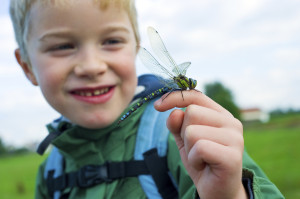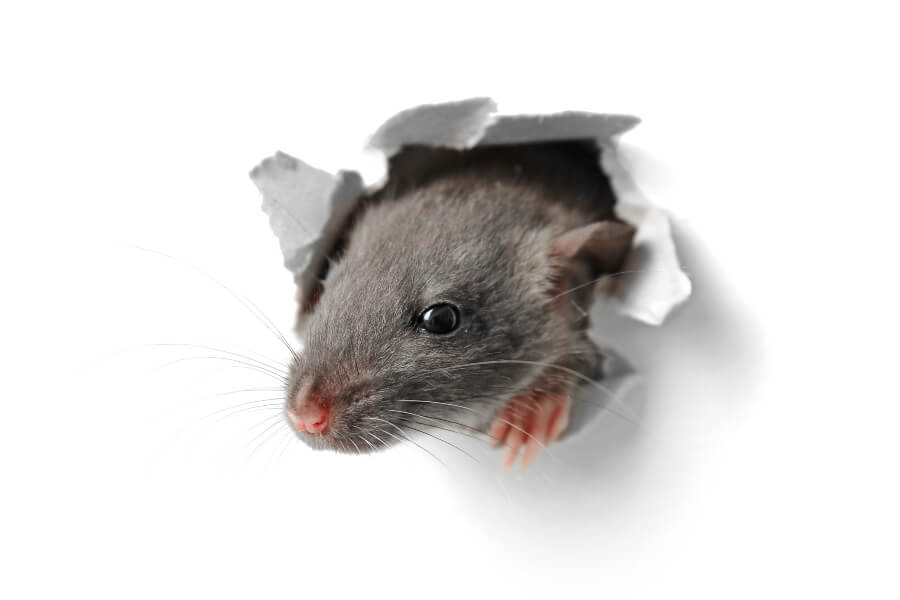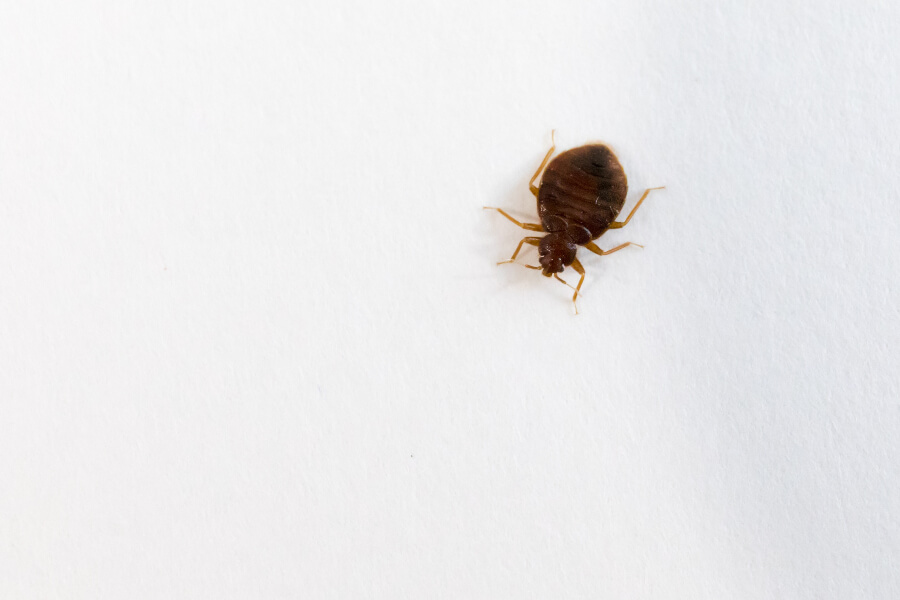Mosquito Reduction Tips!
Warmer weather is here and with that will also be mosquitoes! Our Mosquito Reduction Service is designed to reduce the mosquito population in your yard. Our technicians will treat the foliage of trees and shrubs where mosquitoes rest during the day. When they come into contact with the treated surface, they will die.
But, you may still see some mosquitoes from time to time. Especially after a good rain! So, we wanted to equip you with some extra tips to help keep down the mosquito population and protect you and your family.
• Dispose of old tires, tin cans, buckets, drums, bottles, plastic sheeting, or any water-holding containers
• Clean debris from rain gutters to allow proper drainage
• Fill in or drain low places (puddles & ruts) in the yard.
• Keep drains, ditches, and culverts clean of weeds and trash so water can flow properly
• Cover trash containers to keep out rainwater.
• Check around outdoor faucets and air conditioner units and repair leaks or puddles.
• Empty plastic wading pools at least once per week and store indoors when not in use.
• Make sure your backyard pool is cared for while away from the home.
• Fill in tree holes and stumps that hold water with sand or cement.
• Change the water in bird baths, plant pots, and drip trays at least once per week.
• Keep the grass cut short and shrubbery well trimmed around the house where the adult mosquito may rest.
• Irrigate lawns and gardens carefully to prevent water from standing. If it squishes when you walk on the lawn, it is being over-watered.
• Eliminate seepage from cisterns, cesspools, and septic tanks.
• Stock ornamental pools with top feeding predacious minnows.
• Check window and door screens on the home. Be sure they are in good condition to keep out mosquitoes.
• Wear light-colored clothing, plus long-sleeve shirts and long pants for extra protection.
• Use repellants on your skin and clothing while you are outdoors.
Control the Standing Water For Best Results!
As you can see, many of our recommendations concern water. Why? Water is the breeding ground for new mosquitoes. Here is a great video on the mosquito life cycle. The more we can eliminate standing water the better result you will have in reducing the mosquito population in addition to the service we provide.
Our technicians will apply a larvicide to any areas of standing water they notice while they are treating your yard for mosquitoes with an adulticide. Please help your technician know of any known areas that hold water that may go unnoticed when it is dry. We can preventatively treat those areas, too.
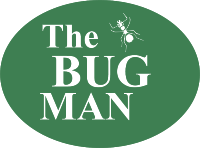
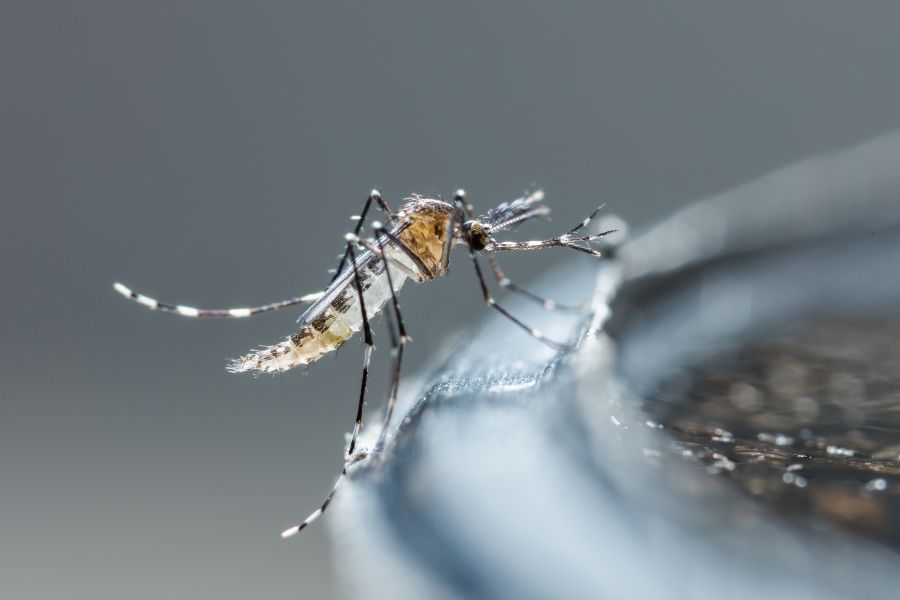
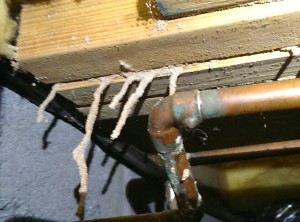
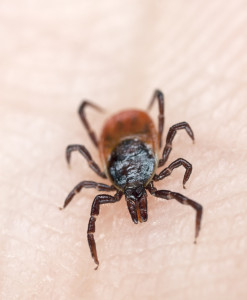
 Don’t forget about your four-legged babies, too. Please discuss tick treatment for your pets with a veterinarian. There are many treatment methods available and something that works well for one pet may not be best for the other. Cats and some breeds of dogs can be sensitive to some products. So, it is always best to check with your vet, first. Also, you will want to inspect your pets and their bedding frequently for ticks.
Don’t forget about your four-legged babies, too. Please discuss tick treatment for your pets with a veterinarian. There are many treatment methods available and something that works well for one pet may not be best for the other. Cats and some breeds of dogs can be sensitive to some products. So, it is always best to check with your vet, first. Also, you will want to inspect your pets and their bedding frequently for ticks.
